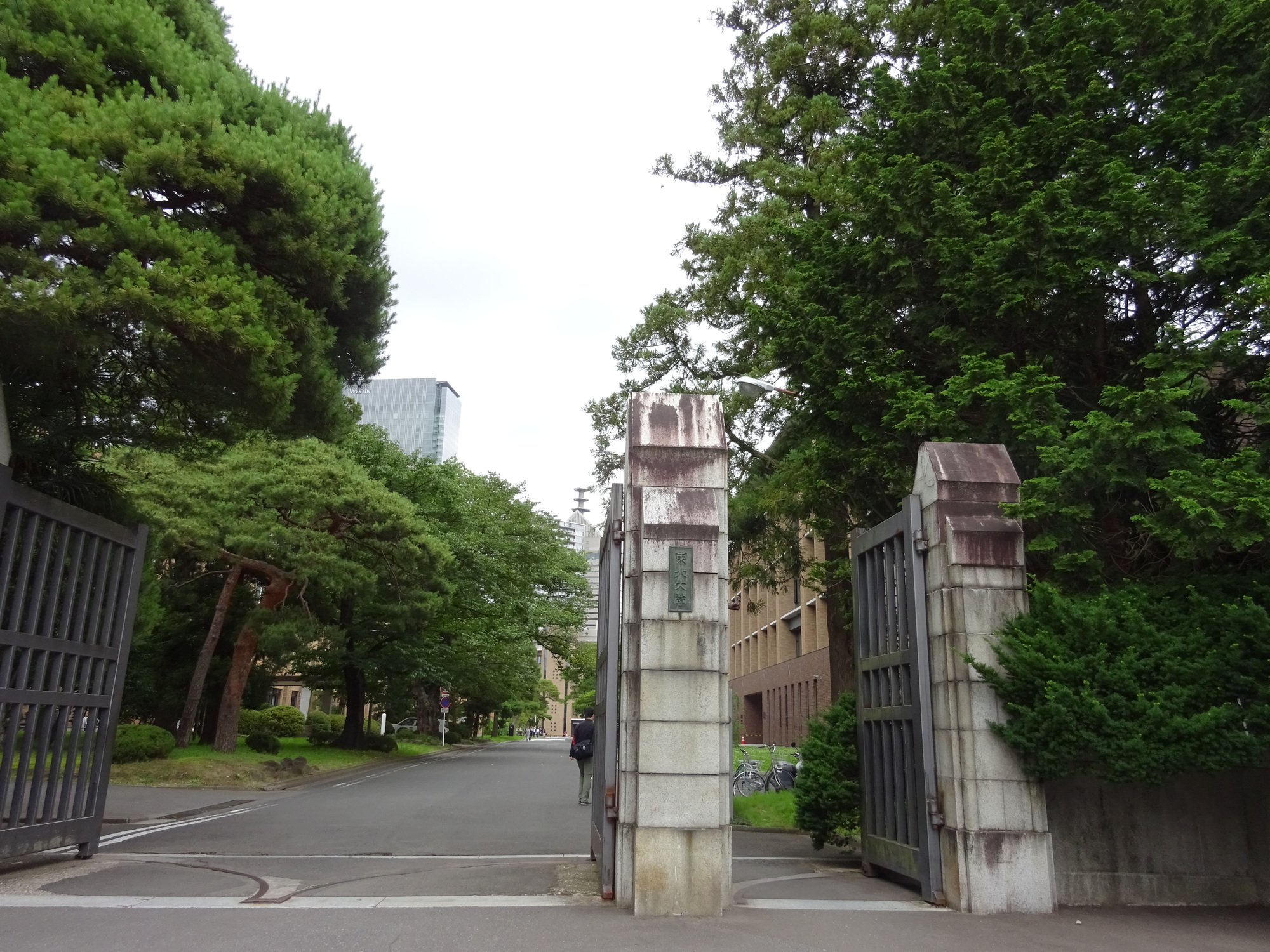A joint research group of Tohoku University, University of Virginia, and Tennessee University has conducted a detailed study of the memory effect during the spin-frozen state, and found that the spin-frozen state of the frustrated magnetic material is essentially different from that of the random spin glass state. Revealed to have.
The aspect in which the interaction that occurs between atoms in a substance is expressed as a function of an appropriate combination of energies is called an energy landscape.Random magnetic materials have a complicated energy landscape because magnetic moments (spins *) are randomly arranged in the crystal.At low temperatures, this magnetic material freezes like glass with its magnetic moment in a random direction (spin glass phenomenon).On the other hand, it is said that the frustrated magnetic material works so that the interactions cancel each other out, and the magnetic moment does not stop and continues to fluctuate no matter how low the temperature is.Even so, there are some that show the spin freezing phenomenon, and the difference from the random magnetic material was regarded as a big problem.
This time, the research group investigated in detail the memory effect seen in the relationship between magnetization and temperature change in the frozen state of random magnetic material and frustrated magnetic material by magnetic measurement and numerical simulation.As a result, it was revealed that the energy landscape shows an essential difference that random magnetic materials show hierarchical complexity and frustrated magnetic materials are almost flat.
Complex energy landscapes are widely seen not only in magnetic materials but also in brain activity and network formation in society, and this energy landscape research using memory effects is a new method for these subjects. It is expected to provide.
Note: * Magnetism is caused by the spin of electrons (assumed to rotate), and when the spins work together, magnetism is generated in the substance.

